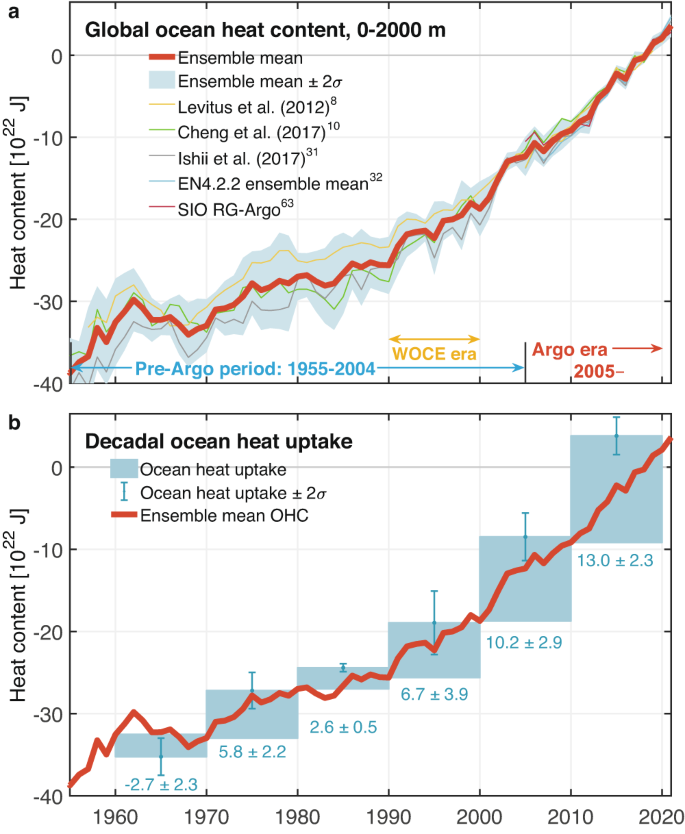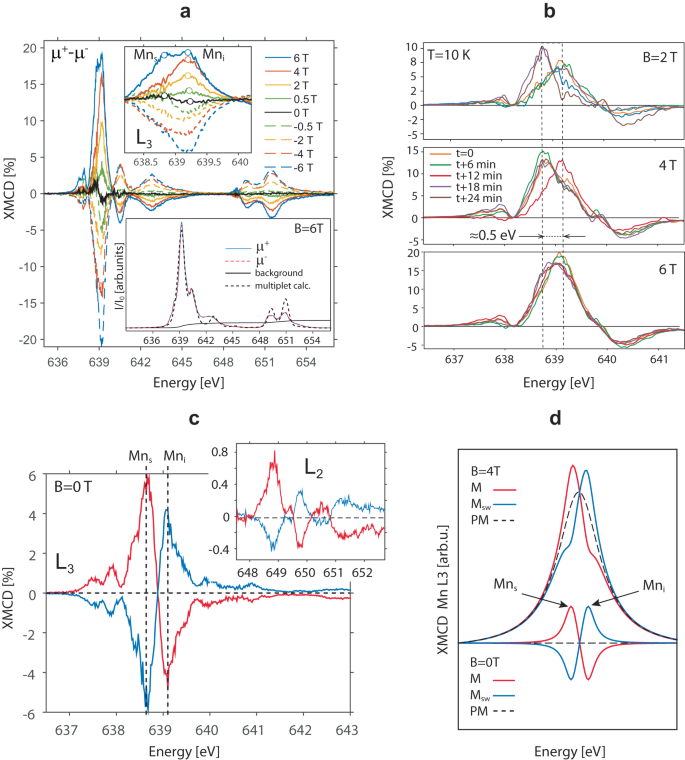2023-10-30 ハーバード大学
◆この技術は、液体インクの流動の不安定性を利用し、従来の3Dプリント技術の制約を超えて物体をプリントできるようになります。研究は、液体の流動の物理学を理解し、深層強化学習アルゴリズムを組み合わせて、新しい3Dプリント技術を開発するもので、液体ポリマーや食品などの複雑な液体にも適用できる可能性があります。
◆この研究により、物理学の理解を活用して機能的な成果を得る方法が示され、エンジニアリング設計においても重要なアプローチであることが強調されています。将来の研究では、どこからインスピレーションを得るかは不明ですが、新しいアプリケーションの可能性が広がります。
<関連情報>
- https://seas.harvard.edu/news/2023/10/reverse-engineering-jackson-pollock
- https://pubs.rsc.org/en/content/articlelanding/2023/sm/d3sm00177f/unauth
流体ロープトリックで字を学ぶ Learning to write with the fluid rope trick
Gaurav Chaudhary,Stephanie Christ, A. John Hart and L. Mahadevan
Soft Matter Published:23 Oct 2023
DOI:https://doi.org/10.1039/D3SM00177F
Abstract
Direct ink writing, a versatile method of 3D and 4D printing, requires the precise placement of a nozzle just above the print surface to prevent fluid instabilities that cause deviations from the prescribed print path. But what if one could harness the instability associated with the spontaneously folding or coiling of a thin stream of viscous fluid, i.e. use the “fluid rope trick” to write specified patterns on a substrate? Here we use Deep Reinforcement Learning to derive control strategies for the motion of the extruding nozzle and thus the fluid patterns that are deposited on the surface. The method proceeds by having a learner (nozzle) repeatedly interact with the environment (a viscous filament simulator), and improves its strategy using the results of this experience. We demonstrate the outcome of the learned control instructions using experiments to manipulate a falling viscous jet and create cursive writing patterns and Pollockian paintings on substrates.




